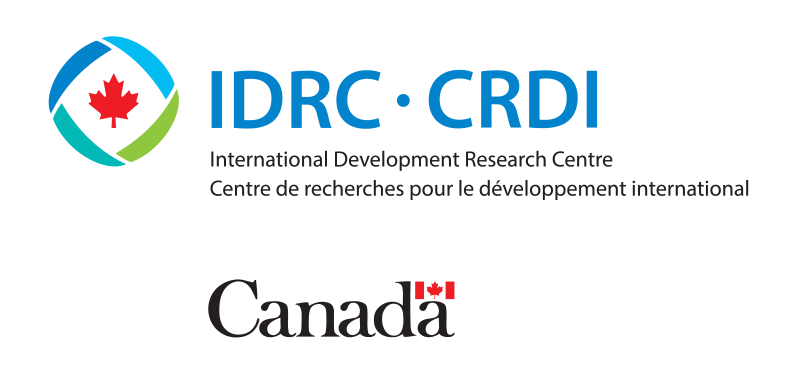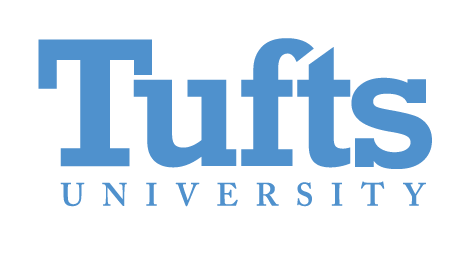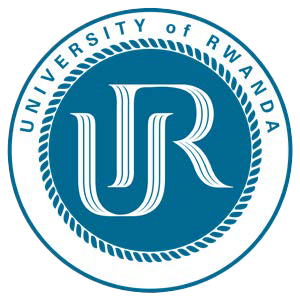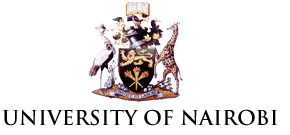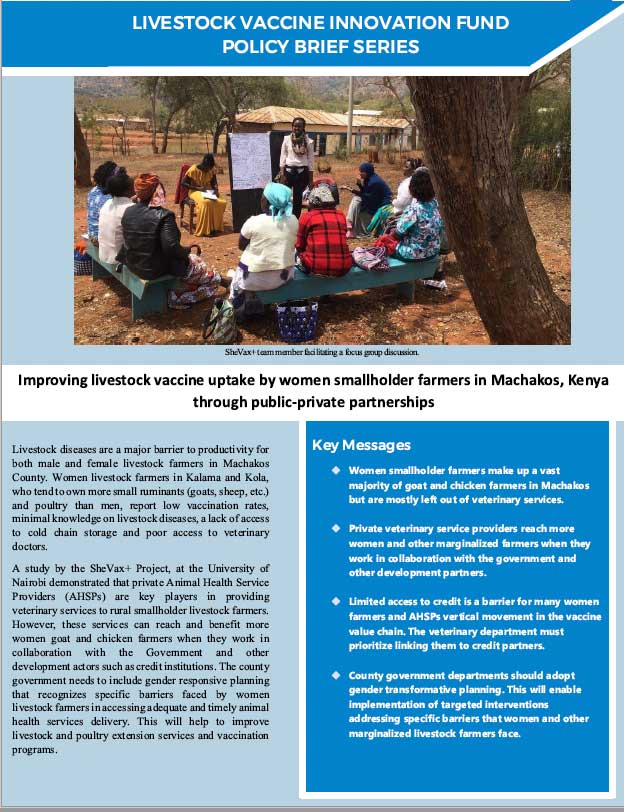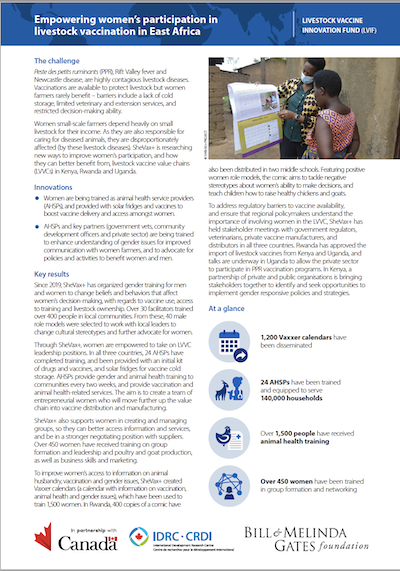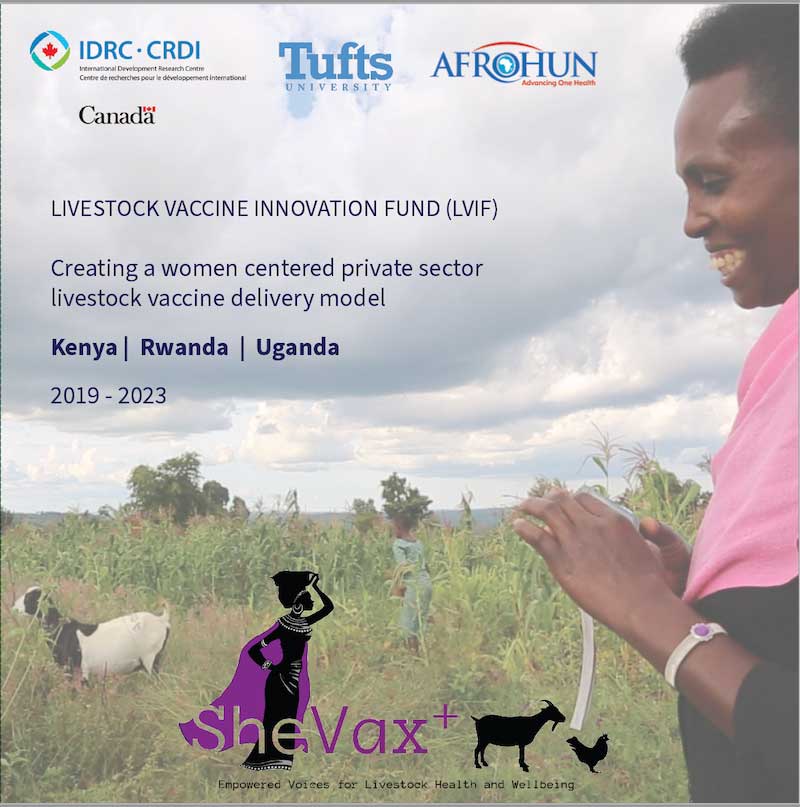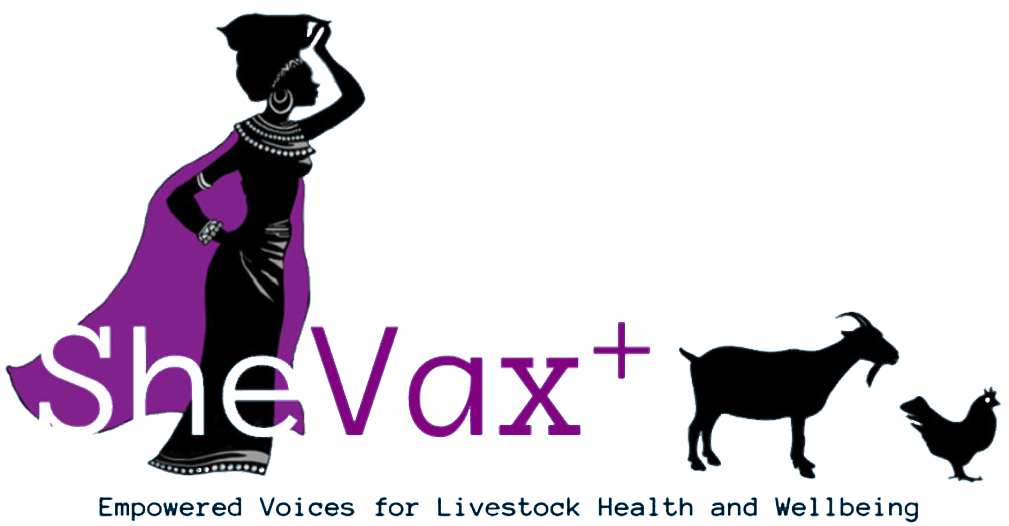
Empowering women’s participation in Livestock Vaccination in East Africa
The challenge
Peste des petits ruminants (PPR), Rift Valley fever and Newcastle disease, are highly contagious livestock diseases. Vaccinations are available to protect livestock but women farmers rarely benefit – barriers include a lack of cold storage, limited veterinary and extension services, and restricted decision-making ability. Women small-scale farmers depend heavily on small livestock for their income. As they are also responsible for caring for diseased animals, they are disproportionately affected (by these livestock diseases). SheVax+ is researching new ways to improve women’s participation, and how they can better benefit from, livestock vaccine value chains (LVVCs) in Kenya, Rwanda and Uganda.

1,200
Vaxxer calendars have been disseminated
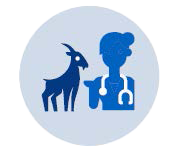
24 AHSPs
have been trained and equipped to serve 140,000 households
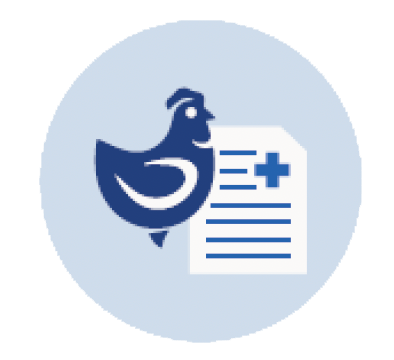
Over 1,500 people
have received animal health training
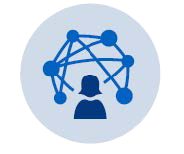
Over 450 Women
have been trained in group formation and networking
Innovations


Since 2019, SheVax+ has organized gender training for men and women to change beliefs and behaviors that affect women’s decision-making, with regards to vaccine use, access to training and livestock ownership. Over 30 facilitators trained over 400 people in local communities. From these, 40 male role models were selected to work with local leaders to change cultural stereotypes and further advocate for women.
Through SheVax+, women are empowered to take on LVVC leadership positions. In all three countries, 24 AHSPs have completed training, and been provided with an initial kit of drugs and vaccines, and solar fridges for vaccine cold storage. AHSPs provide gender and animal health training to communities every two weeks, and provide vaccination and animal health-related services. The aim is to create a team of entrepreneurial women who will move further up the value chain into vaccine distribution and manufacturing.
SheVax+ also supports women in creating and managing groups, so they can better access information and services, and be in a stronger negotiating position with suppliers. Over 450 women have received training on group formation and leadership and poultry and goat production, as well as business skills and marketing.
To improve women’s access to information on animal husbandry, vaccination, and gender issues, SheVax+ created Vaxxer calendars (a calendar with information on vaccination, animal health and gender issues), which have been used to train 1,500 women. In Rwanda, 400 copies of a comic have also been distributed in two middle schools. Featuring positive women role models, the comic aims to tackle negative stereotypes about women’s ability to make decisions, and teach children how to raise healthy chickens and goats.
To address regulatory barriers to vaccine availability, and ensure that regional policymakers understand the importance of involving women in the LVVC, SheVax+ has held stakeholder meetings with government regulators, veterinarians, private vaccine manufacturers, and distributors in all three countries. Rwanda has approved the import of livestock vaccines from Kenya and Uganda, and talks are underway in Uganda to allow the private sector to participate in PPR vaccination programs. In Kenya, a partnership of private and public organizations is bringing stakeholders together to identify and seek opportunities to implement gender-responsive policies and strategies.
Publications
- The Role of Extension Training in Enhancing Participation of Women Smallholder Goat and Chicken Farmers in The Livestock Vaccine Value Chain, Sembabule District, Uganda . click here …
- Gendered Barriers and Opportunities for Women Smallholder Farmers in the Contagious Caprine Pleuropneumonia Vaccine Value Chain in Kenya. click here …
- Using Outcome Mapping to Mobilize Critical Stakeholders for a Gender Responsive Rift Valley Fever and Newcastle Disease Vaccine Value Chain in Rwanda. Click here …
- Using the Women Empowerment in Livestock Index (WELI) to Examine Linkages between Women Smallholder Livestock Farmers’ Empowerment and Access to Livestock Vaccines in Machakos County of Kenya: Insights and Critiques Click here…
- Gender Barriers and Opportunities Along the Newcastle Disease Vaccine Value Chain in Machakos Town Sub-County, Kenya Click here …
- Barriers to Livestock Vaccine Use Among Rural Female Smallholder Farmers Of Nyagatare District In Rwanda Click here..
- Women smallholder farmers’ engagement in the vaccine chain in Sembabule District, Uganda: Barriers and Opportunities Click here …
- Breaking institutional barriers to enhance women’s participation in and benefit from the Peste des Petits Ruminants and Newcastle Disease vaccine value chains for Sembabule district of Uganda Click here…
